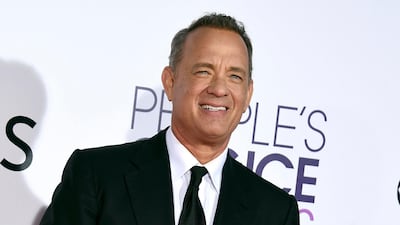Tom Hanks penned an essay about the Tulsa race massacre and the whitewashing of American history, which he concedes has happened in a number of his past films.
In The New York Times essay, Hanks calls for more education about Tulsa race massacre, which occurred on May 31 and June 1, 1921, when a white mob descended upon the historically Black neighbourhood, Greenwood in Tulsa Oklahoma. The mob burnt down Greenwood, looted the district and attacked residents. It is estimated that 300 people were killed.
"By my recollection, four years of my education included studying American history," Hanks wrote. "Since then, I’ve read history for pleasure and watched documentary films as a first option. Many of those works and those textbooks were about white people and white history. The few black figures – Frederick Douglass, Harriet Tubman, the Rev Dr Martin Luther King Jr – were those who accomplished much in spite of slavery, segregation and institutional injustices in American society.
"But for all my study, I never read a page of any school history book about how, in 1921, a mob of white people burned down a place called Black Wall Street, killed as many as 300 of its black citizens and displaced thousands of Black Americans who lived in Tulsa, Oklahoma."
"My experience was common," reflects Hanks. "History was mostly written by white people about white people like me, while the history of black people – including the horrors of Tulsa – was too often left out."
"Until relatively recently, the entertainment industry, which helps shape what is history and what is forgotten, did the same. That includes projects of mine," he writes. "I knew about the attack on Fort Sumter, Custer's last stand and Pearl Harbour but did not know of the Tulsa massacre until last year, thanks to an article in The New York Times."
Hanks concludes his essay: "Should our schools now teach the truth about Tulsa? Yes, and they should also stop the battle to whitewash curriculums to avoid discomfort for students.
"America’s history is messy but knowing that makes us a wiser and stronger people ... Each of these lessons chronicles our quest to live up to the promise of our land, to tell truths that, in America, are meant to be held as self-evident."


